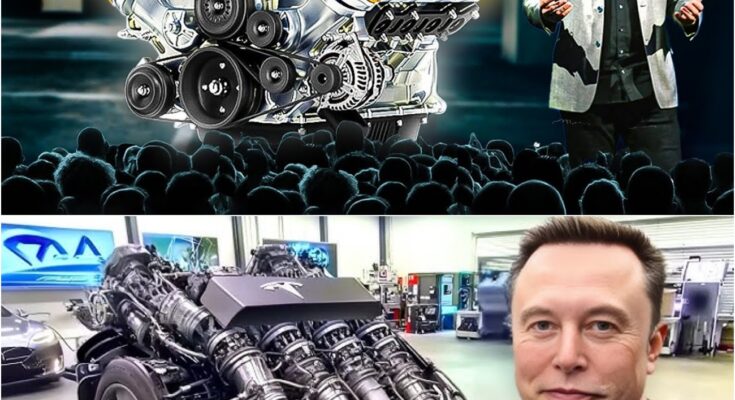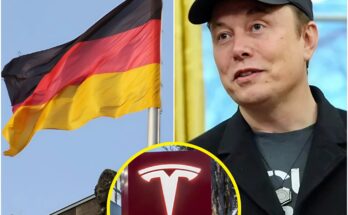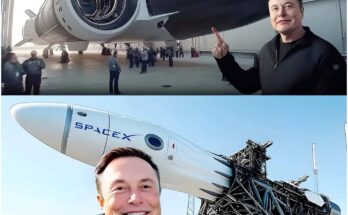The headline “Elon Musk: ‘This New Engine Will DESTROY The Entire EV Industry!’” might sound like the kind of bold, sensational statement that Elon Musk has become known for over the years, given his penchant for making dramatic and attention-grabbing comments. However, it’s important to contextualize such statements, especially when they involve someone as influential as Musk in the ever-evolving electric vehicle (EV) industry.
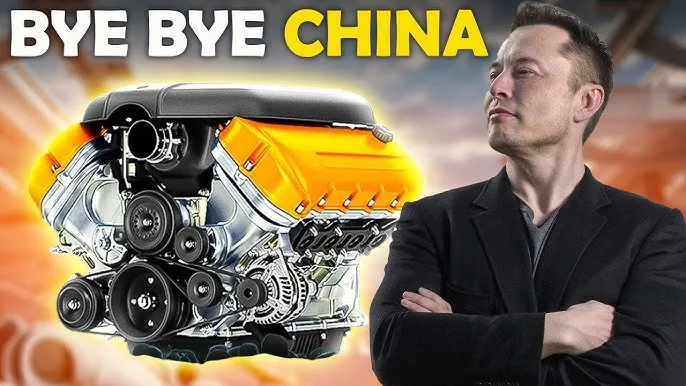
Musk has always been at the forefront of innovation in the electric vehicle sector, particularly with his company, Tesla. His ambitious goals have transformed the once niche market of electric cars into a rapidly growing industry, challenging traditional internal combustion engine (ICE) vehicles. His vision for Tesla was to not only produce electric cars that are environmentally friendly but also to build vehicles that are fast, high-performance, and capable of competing with the best gas-powered cars in the world.
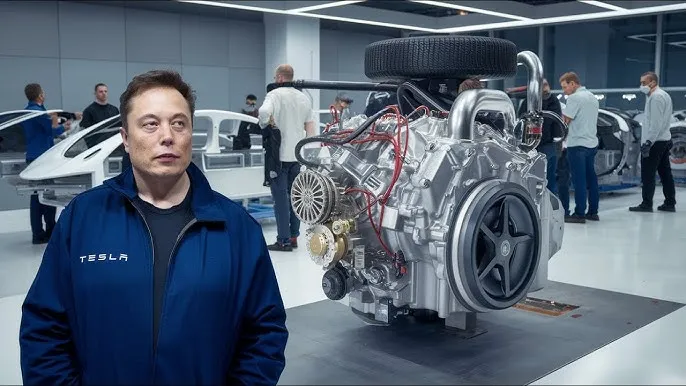
Over the years, Tesla’s innovations in electric propulsion have significantly advanced the technology, from the development of high-capacity battery systems to the incorporation of self-driving technology. Musk’s bold statements often revolve around these innovations, with the aim of pushing the boundaries of what’s possible in both the electric vehicle industry and in the broader realm of transportation.
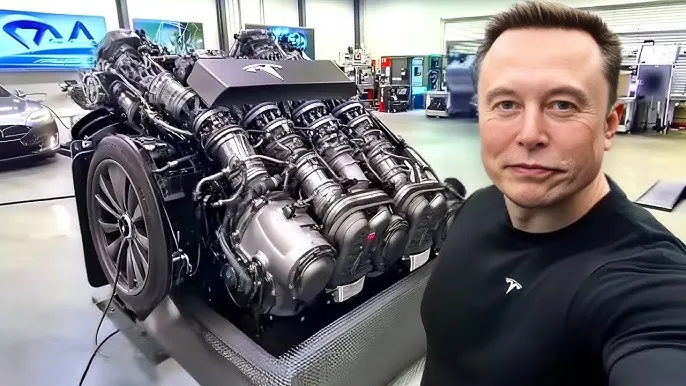
When Musk makes a statement like “This New Engine Will DESTROY The Entire EV Industry!”, it’s likely referring to a breakthrough in technology that could revolutionize the way electric vehicles are powered or operate. It could be linked to new developments in battery technology, powertrains, or even propulsion systems that might make electric cars faster, more efficient, and more affordable. For example, Tesla has been working on the Plaid powertrain which is capable of incredible acceleration and performance, making traditional gasoline-powered vehicles look outdated.
In the context of a “new engine,” Musk could also be referring to the advancement of solid-state batteries or new motor technology, which could drastically reduce costs and increase the range of electric vehicles. If Tesla were to perfect these technologies, it would certainly put them ahead of many competitors in the market, potentially leading to a major shift in how other automakers approach electric vehicle design and production. Companies that have already invested heavily in older battery technologies or traditional electric motor systems might find themselves struggling to keep up if a game-changing breakthrough were to emerge from Tesla.
Musk’s statement about “destroying” the EV industry may be an exaggeration meant to highlight the magnitude of what such an innovation could mean for the market. While it’s unlikely that a single new engine or technology would literally obliterate the entire EV industry, a major leap forward in performance or cost-effectiveness could certainly accelerate the transition from gasoline-powered cars to electric vehicles on a global scale. As a result, traditional automakers who have been slow to adapt to electric mobility would face increased pressure to innovate or risk falling behind.
However, it’s worth noting that such hyperbolic statements often stir up curiosity and debate within the tech community and among consumers. Musk has frequently used his Twitter platform to make bold predictions and engage with his followers, sometimes stirring controversy, but also driving excitement and anticipation for Tesla’s future projects. His influence on the electric vehicle market cannot be overstated, and every time he hints at a new breakthrough, the industry takes notice.
At the same time, it’s important to consider that the electric vehicle industry is already diverse and growing. While Tesla has been a pioneer in the space, there are numerous other companies, both established automakers like Ford, General Motors, and Volkswagen, and startups, that are heavily investing in EV technology. Even if Musk’s new engine or technology proves to be revolutionary, it’s unlikely to be the sole factor determining the future of the industry. Factors like government policies, infrastructure development, battery production capabilities, and consumer demand will also play significant roles in the widespread adoption of electric vehicles.
Ultimately, when Musk talks about a “new engine” that could “destroy” the EV industry, it’s likely a strategic use of language to emphasize the disruptive potential of the technology Tesla is working on. Musk’s track record of making predictions that are both bold and often ahead of the curve has earned him a reputation as a visionary, but it’s also led to moments where some of his claims haven’t materialized exactly as expected.
In the end, the electric vehicle industry is undoubtedly in the midst of a major transformation, and any breakthrough in engine technology, battery systems, or related areas could accelerate the shift to a cleaner, more sustainable future. Whether Musk’s new engine will live up to its potential remains to be seen, but one thing is clear: Tesla’s innovations will continue to play a significant role in shaping the future of transportation.
